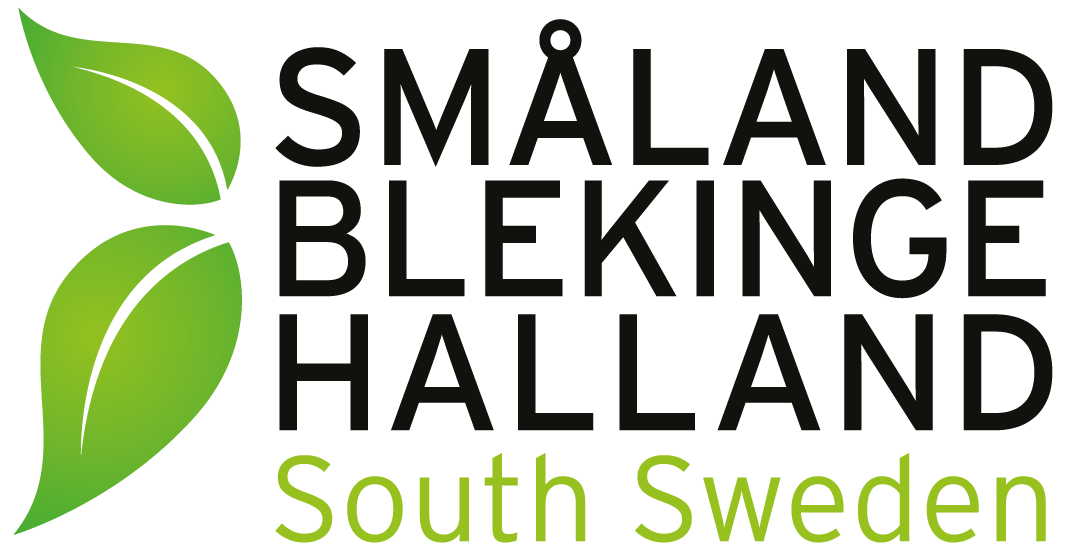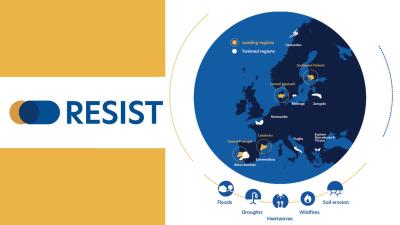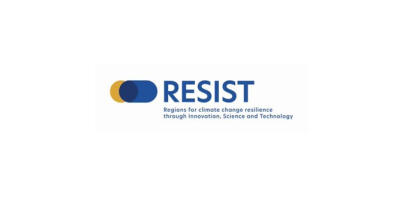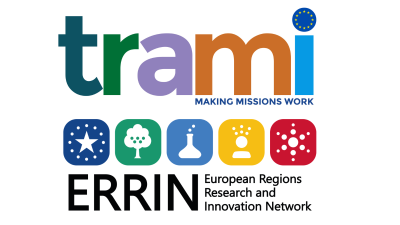
Småland Blekinge Halland South Sweden Brussels Office works to connect our five regional authorities and two universities with European policy makers, networks and project partners. The members are Linnaeus University, Jönköping University, Region Halland, Region Jönköping, Region Kronoberg, Region Kalmar and Region Blekinge. Together, our members form a dynamic region with specific competences in bioeconomy, digital health and sustainable buildings.
Contact detail
-
Head of office
-
Contact person
-
Brussels Office Address
rue du Luxembourg 3
1000 Brussels
Belgium

S3 Strategy
Småland Blekinge Halland South Sweden represents five regions and consequently five regional smart specialisation strategies. Together, the five S3 strategies outline a turquoise agenda with priorities in the green and blue economy (forest-based bioeconomy and maritime tech). In addition, our regional strategies also focus on e-health and digitalisation.
Working Group Leaders
Latest Updates
- By Gaia Ialisa Marotta
Existing private solutions to foster citizens' engagement in Climate Change adaptation activities
On 18 April, the RESIST project, in which ERRIN is a partner, hosted a webinar for the regions involved. The webinar focused on private solutions that can help encourage citizens' engagement in Climate Change adaptation activities. During the event, three solutions were presented: CoTowns, which is a technology that rewards citizens for contributing towards a sustainable urban environment; Maptionnaire, a platform used to design and manage community engagement; and MI4pADAPT, which is a DIY manual for stakeholder and citizen engagement.
- By Sandra Jansson
Partner search for Creative Europe on the call Circulation of literary works
Region Jönköping County is looking for partners to build an international consortium for mutual benefits, exchange, and cooperation in literary works. The consortium is planned to be in connection to an application within Creative Europe on the call Circulation of Literary Works with Region Jönköping County as project owner.
- By Sandra Jansson
Jönköping Region wants to cooperate on Smart Specialisation
Region Jönköping County is interested in cooperating with actors in other regions within smart specialisation (in general and in their focus areas: Smart industry, manufacturing, Forestry and Wood Industry, Foodstuffs, Tourism, E-commerce and logistics in order to create a network to exchange ideas.
- By Agnieszka Wieczorek Jetha
The RESIST project - testing adaptation solutions to key climate challenges
The RESIST project, launched last week, is a five-year EU-funded project coordinated by SINTEF in collaboration with INOVA+, which will support twelve regions across the EU in their efforts to build resilience against the impacts of climate change. ERRIN’s role in the project is to develop a Community of Practice and identify needs for a mutual-learning scheme. Following this, ERRIN will link LSD/Twinning regions with the wider Community of Interest.
- By Ewa Chomicz
Translating EU Missions into regional policy
The TRAMI project and ERRIN are organising a mutual learning event on 18 October. The event will aim to showcase a successful translation of the EU Missions approach into concrete policies and tools on the regional level and to foster the discussion on challenges and opportunities with its implementation.
- By Anonymous
Big Data Conference, Linnaeus university
The 7th annual Big Data Conference will take place at Linnaeus University, in Växjö, Sweden and online.







